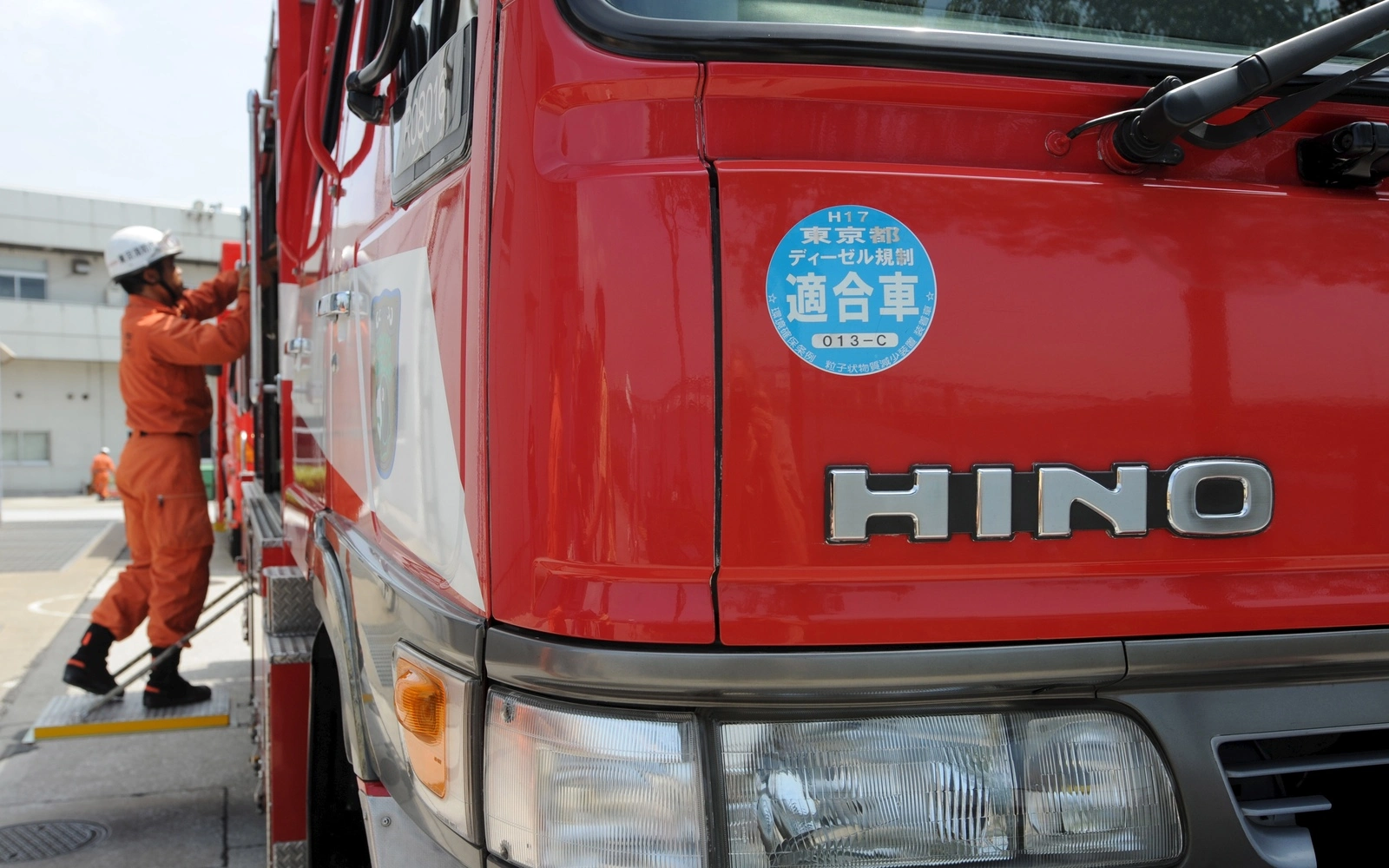
Hino Motors, a subsidiary of Toyota, has reached a settlement agreement with the U.S. government, pledging to pay $1.6 billion (£1.3 billion) in response to allegations of deceptive practices regarding emissions from its diesel engines. This decision comes after Hino pleaded guilty to misleading regulators about the actual emissions produced by its vehicles. The settlement underscores the ongoing repercussions of the dieselgate scandal, which has implicated several major automotive manufacturers over the past decade.
The charges against Hino were formally filed in a Detroit court, revealing that the company sold approximately 105,000 engines in the U.S. that did not comply with environmental regulations between 2010 and 2022. Hino admitted to submitting “false and fraudulent” emission testing and fuel consumption data, a move that significantly undermined public trust and regulatory standards.
In addition to the substantial financial settlement, the U.S. Environmental Protection Agency (EPA) announced that Hino has committed to recalling certain heavy-duty trucks and replacing non-compliant marine and locomotive engines nationwide. As part of the settlement, Hino will also face a five-year ban on importing diesel engines into the U.S. market, during which it must adhere to a rigorous compliance and ethics plan.
Hino’s Financial Strain and Corporate Impact
The financial impact on Hino has been severe, as the company reported an extraordinary loss of 230 billion yen (£1.2 billion, $1.48 billion) in its second-quarter results. This financial strain reflects not only the settlement but also the broader implications of the emissions cheating scandal, which has already cost Volkswagen over 30 billion euros (£25 billion, $30.9 billion) in fines and compensations.
Satoshi Ogiso, Hino’s chief executive and president, expressed regret over the situation and emphasized the company’s commitment to rectifying its practices. He stated,
“We take this resolution seriously and will ensure that the field fix, the Environmental Mitigation Program, and further strengthening of our compliance system… are implemented.”
Ogiso also offered an apology to customers and stakeholders, acknowledging the inconvenience caused by Hino’s actions.
“We deeply apologize for the inconvenience caused to our customers and stakeholders.”
FBI Director Christopher Wray characterized Hino’s actions as part of a larger pattern among automotive manufacturers, stating,
“Hino Motors engaged in a years-long scheme to alter and fabricate emissions data in order to get a leg up over its competitors and boost their bottom-line.”
The settlement remains subject to approval by a U.S. court, marking another chapter in a series of legal battles surrounding emissions violations in the automotive industry. Several manufacturers have admitted to lying about their diesel engines’ emissions over the last decade, highlighting systemic issues within corporate practices related to environmental compliance.
What The Author Thinks
Hino Motors’ settlement serves as a stark reminder of the consequences when corporations fail to meet environmental standards and engage in deceptive practices. While the settlement and subsequent penalties are necessary to hold the company accountable, the broader industry must address these systemic issues to prevent further damage to public trust. Hino’s swift action to resolve the issue is a step forward, but the lingering effects of the dieselgate scandal remind us that environmental compliance must be a priority for all manufacturers moving forward.
Featured image credit: FMT
Follow us for more breaking news on DMR
